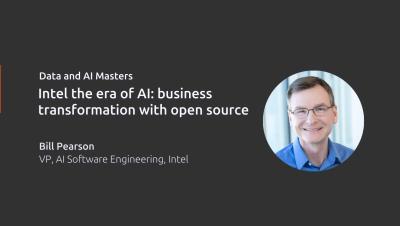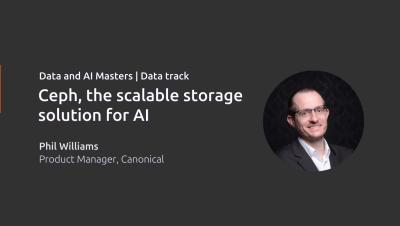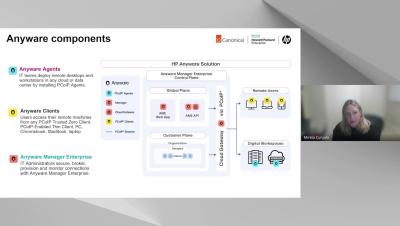Building RAG with enterprise open source AI infrastructure
One of the most critical gaps in traditional Large Language Models (LLMs) is that they rely on static knowledge already contained within them. Basically, they might be very good at understanding and responding to prompts, but they often fall short in providing current or highly specific information.











